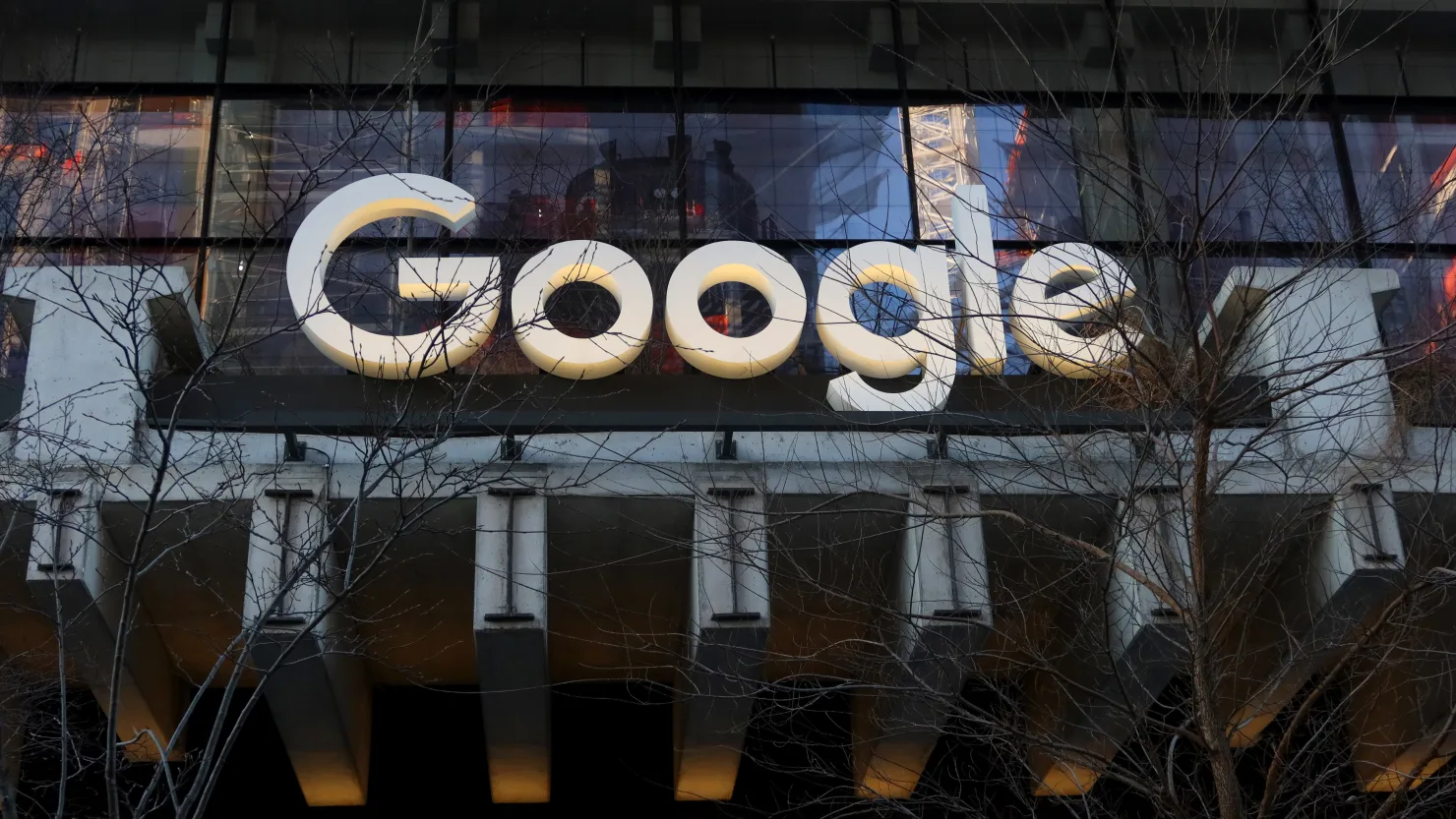Google has agreed to pay $1.375 billion to the state of Texas to resolve allegations that it violated the data privacy rights of its residents. The settlement was announced by Texas Attorney General Ken Paxton, who originally filed suit against the tech giant in 2022 for allegedly collecting and tracking private user data without proper consent. This settlement includes the resolution of two separate lawsuits and stands as the largest privacy-related agreement ever reached between Google and a U.S. state.
According to Paxton, the lawsuits accused Google of engaging in covert surveillance practices through its suite of products and services. These included tracking users’ physical locations, monitoring their private search queries, and collecting biometric identifiers such as voiceprints and facial geometry via applications like Google Photos. Paxton said the company’s actions represented a long-standing abuse of user trust and Texas law. He emphasized that the settlement sends a strong message to tech companies that violations of privacy will carry steep financial consequences.
This settlement comes less than a year after Paxton secured a similarly sized $1.4 billion agreement with Meta, the parent company of Facebook and Instagram. That case centered around the alleged unauthorized use of biometric data collected from users of those social platforms.
While Google agreed to the payout, the company did not admit any wrongdoing or legal liability. Company spokesperson Jose Castaneda stated that the settlement addresses past claims related to the Chrome browser’s incognito mode, location history settings in Google Maps, and the handling of biometric data in Google Photos. Castaneda noted that many of the product and policy changes at issue were implemented well before the lawsuits were filed. He added that the resolution allows the company to move forward without being required to make further changes to its products or services.
Castaneda emphasized that Google has already updated its privacy settings and controls, and remains committed to providing robust protections for its users. He described the agreement as a way to close the chapter on outdated claims and reiterated that user privacy remains a top priority.
The settlement underscores growing pressure on large technology firms to address how they handle sensitive user information and signals that state governments may continue to pursue aggressive legal action when consumer rights are at stake.
READ MORE:
